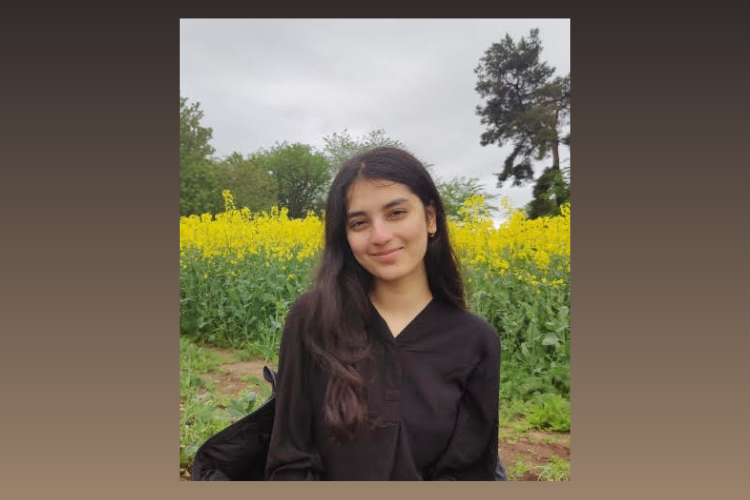Mishita Khurana (Astrophysics) completed an Employ.ed on Campus summer internship with the School’s Equality, Diversity and Inclusion (EDI) team on decolonising the physics curriculum. Read on to find out what the role entailed and what skills she developed…
1. What did your role entail?
My internship primarily revolved around the decolonisation of the physics curriculum. I wanted to approach decolonisation from both a staff and student perspective. There does exist a lecturer’s toolkit on decolonisation in the School of Physics and Astronomy although it does not seem to have been integrated much. I wanted to focus on the problems that staff face when trying to implement decolonisation in their courses and how these can be resolved. This involved interviewing staff from the School as well as those in other Schools within the College and external departments in the University. This information will be collated for the EDI committee.
As for students, I wanted to establish an understanding of why decolonisation is relevant in physics and how they can further engage with it. One way, for example, would be by giving feedback to lecturers about courses or attending student focus groups to discuss a certain issue regarding their student experience.
2. What attracted you to this role?
Equality, diversity, and inclusivity was something that I had already been involved in through volunteering activities. The internship role allowed me to combine EDI and physics and was particularly interesting and something that really stood out to me.
I think it is important for the School to engage with equality, diversity, and inclusivity initiatives because in a setting where collaborative working forms part of the degree, a welcoming School environment will help foster a sense of community amongst students. Physics should be inclusive and open for everyone: social barriers and prejudices should not stop anyone from enjoying physics or excelling in it.
3. What skills did you learn or develop during the internship?
A skill that I used during my internship quite a bit was the collation and organisation of information. Being able to narrow down my focus to specific sub-themes or tasks within the area of decolonisation, and being able to present that information in a manner which is accessible to everyone was a vital skill to develop.
Additionally, I also improved my time-management skills, which is so useful for all other aspects of university.
4. Were there any particular challenges that you faced during the internship? If so, how did you do to overcome them?
The biggest challenge was being creative or innovative in what I do. Decolonisation is a huge topic and not much information gets circulated around about its importance within the sciences. As a result, it was quite intimidating to approach it or think about how it can be integrated more holistically into the School. I found it challenging to narrow down the focus of my internship while also striving for some sort of impact in the decolonisation process for the School.
Gaining more knowledge as I progressed in my work definitely helped. I also tried to imagine how I would like to picture decolonisation within the School. Then, I focused on what the School had already done and where the gaps are, essentially to get an idea of how I could bridge these gaps so the School could achieve a greater engagement within the theme of decolonisation.
5. What advice can you give other students who might be considering applying for an Employ.ed intern post?
Potential applicants should be aware of why they want to do a certain internship and what they plan to gain from it. It is also useful to keep in mind that it can be confusing in the beginning, especially if this is someone’s first time working in a professional setting. I was quite unsure of exactly what I needed to do doing during the initial days of my internship, but I gained much more clarity as I progressed. It is also helpful to ask for clarification or guidance if needed.
Further information
Learn more about the School’s Equality, Diversity and Inclusion initiatives:
Find out about future Employ.ed internships:
Employ.ed on Campus internships



